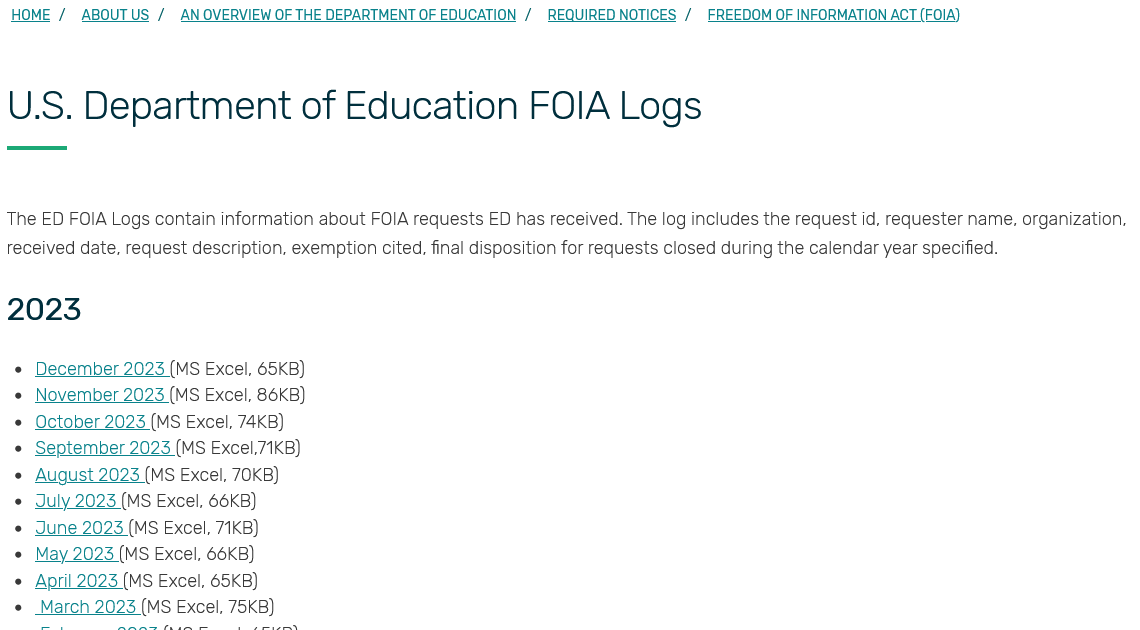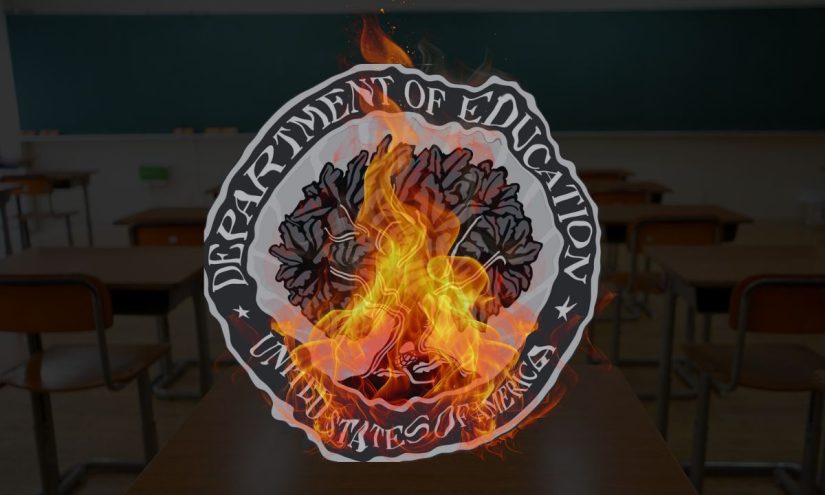Get stories like this delivered straight to your inbox. Sign up for The 74 Newsletter
Early this month, the U.S. Department of Education issued an ultimatum to K-12 public schools and state education agencies: Certify that you are not engaging in discrimination under the banner of diversity, equity and inclusion, or risk losing federal funding — including billions in support for low-income students.
The backlash was immediate. Some states with Democratic governors refused to comply, arguing that the directive lacks legal basis, fails to clearly define what constitutes “illegal DEI practices,” and threatens vital equity-based initiatives in their schools.
After lawsuits from the National Education Association teachers union and the American Civil Liberties Union, the Department of Education agreed to delay enforcement until after April 24.
But states across the country, both liberal- and conservative-led, are worried about losing other aid: the pandemic-era money that in some cases they’ve already spent or committed to spending.
The Department of Education has long played a critical role in distributing federal funds to states for K-12 education, including Title I grants to boost staffing in schools with high percentages of low-income students, and emergency relief like that provided during the COVID-19 pandemic.
Conservative-led states — particularly Mississippi, South Dakota and Arkansas — rely the most heavily on these funds to sustain services in high-need districts.
The 15 states with the highest percentage of their K-12 budget coming from federal funding in fiscal year 2022 — the latest year with data available from the National Center for Education Statistics — voted for Trump in the 2024 presidential election. Similarly, 10 of the 15 states receiving the highest amounts of Title I funding in fiscal year 2024 also voted for Trump.
Mississippi and Kentucky have sent letters to the Department of Education expressing concern over halted pandemic aid.
The clash over federal funding comes even as the future of the Department of Education is murky, given President Donald Trump’s pledge to dismantle the department.
DEI-related cuts
In letters to the Department of Education, state officials and superintendents in Illinois, New York and Wisconsin pushed back against the DEI directive.
New York officials said they would not provide additional certification beyond what the state already has done, asserting that there “are no federal or State laws prohibiting the principles of DEI.” Illinois Superintendent Tony Sanders wrote that he was concerned that the Department of Education was changing the conditions of federal funding without a formal administrative process. Wisconsin Superintendent Jill Underly questioned the legality of the order.
New York State Department of Education Counsel and Deputy Commissioner Daniel Morton-Bentley noted that the federal department’s current stance on DEI starkly contrasts with its position during Trump’s first term, when then-Education Secretary Betsy DeVos supported such efforts.
Colorado and California also confirmed they would not comply with the Department of Education’s order.
While some states with liberal leaders are gearing up for legal battles and possible revocation of funding, conservative-led states such as Florida have embraced the federal directive as part of a broader push to reshape public education.
In Florida, anti-DEI laws have been in place dating back to 2023. In fact, many school districts and the state education department say they plan to follow the federal department’s directives, noting the similar state laws.
Pandemic aid cancellations
In March, the Department of Education abruptly rescinded previously approved extensions of pandemic-era aid, ending access to funds months ahead of the original March 2026 deadline.
When the Massachusetts governor’s office voiced concern over that decision, the federal department’s reply on social media was blunt: “COVID is over.”
Sixteen mostly Democratic-led states and the District of Columbia filed a federal lawsuit against the Department of Education and Secretary Linda McMahon, challenging the abrupt rescission of previously approved extensions for spending COVID-19 education relief funds.
But backlash against abrupt federal cuts to education has not been limited to blue states.
Mississippi’s Department of Education warned the cuts would jeopardize more than $137 million in already obligated funds, slated for literacy initiatives, mental health services and infrastructure repairs. “The impact of this sudden reversal is detrimental to Mississippi students,” state Superintendent Lance Evans wrote in a letter to McMahon.
The letter also outlines the state’s repeated — but unsuccessful — efforts to draw down millions in approved funds since February.
Shanderia Minor, a spokesperson for the Mississippi education department, told Stateline the agency is awaiting next steps and direction about the funds and federal directives.
In Kentucky, state Education Commissioner Robbie Fletcher told districts — which stand to lose tens of millions in pandemic aid — that abrupt federal changes leave them “in a difficult position,” with schools already having committed funds to teacher training and facility upgrades.
According to Kentucky Department of Education spokesperson Jennifer Ginn, the state has about $18 million in unspent pandemic aid funds left to distribute to districts. And districts have about $38 million in unspent funds, for a total $56 million that could be lost.
Lauren Farrow, a former Florida public school teacher, told Stateline that schools that receive Title I money are already underfunded — and the federal threat only widens the gap.
“Florida is pouring billions into education — but where is it going? Because we’re not seeing it in schools, especially not in Title I schools,” said Farrow. “I taught five minutes away from a wealthier school, and we didn’t even have pencils. Teachers were buying shoes for students. Why is that still happening?”
Effects in the classroom
Tafshier Cosby, senior director of the Center for Organizing and Partnerships at the National Parents Union, a parents advocacy group, told Stateline that while most families don’t fully understand the various school funding systems, they feel the impact of cuts in the classroom.
Cosby said parents are worried about the loss of support services for students with disabilities, Title I impacts, and how debates about DEI may deflect from more urgent needs like literacy and teacher support.
“We’ve been clear: DEI isn’t the federal government’s role — it’s up to states,” she said. “But the confusion is real. And the impact could be devastating.”
Today, as a consultant working with teachers across Florida’s Orange County Public Schools — one of the largest districts in the country — Farrow says many educators are fearful and confused about how to support their students under changing DEI laws.
“Teachers are asking, ‘Does this mean I can’t seat a student with glasses at the front of the room anymore?’ There’s so much fear around what we’re allowed to do now.”
“There’s no one giving teachers guidance or even basic acknowledgment. We’re just left wondering what we’re allowed to say or do — and that’s dangerous.”
Amanda Hernández contributed to this report. Stateline reporter Robbie Sequeira can be reached at [email protected].
Stateline is part of States Newsroom, a nonprofit news network supported by grants and a coalition of donors as a 501c(3) public charity. Stateline maintains editorial independence. Contact Editor Scott S. Greenberger for questions: [email protected].
Get stories like these delivered straight to your inbox. Sign up for The 74 Newsletter



















